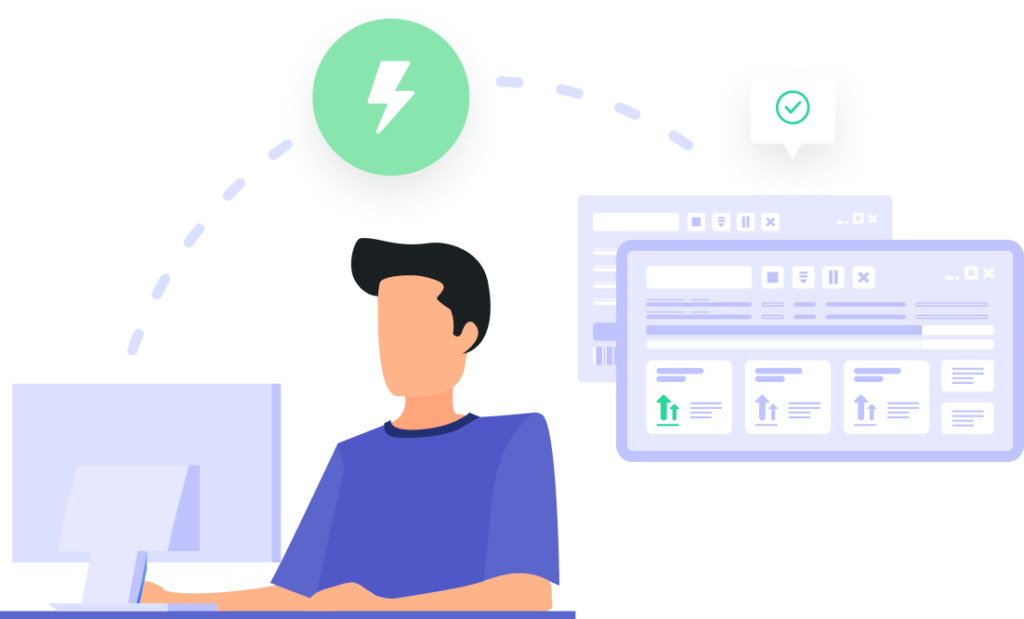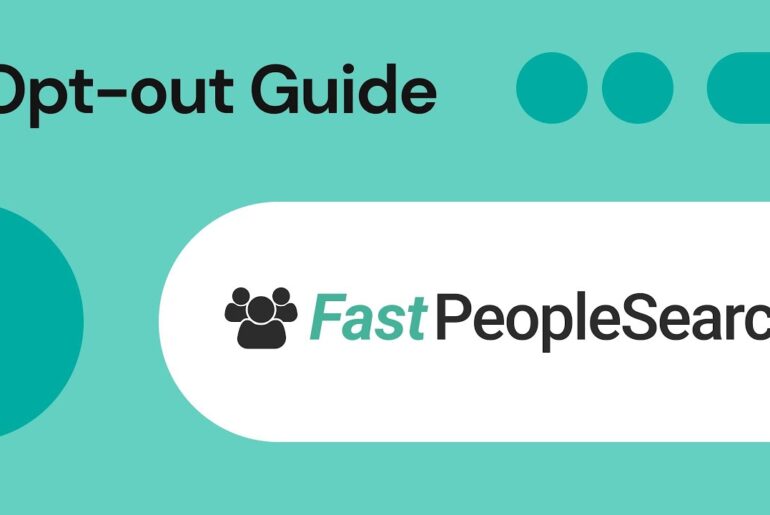Have you ever been at work or school and tried to access a website or an app that ended up being blocked? Domain Name System (DNS) blocking is a method of preventing access to specific websites by blocking their domain names at the DNS level. In this blog post, we will cover everything you need to know about DNS blocking, how it works, and how it impacts you.
What is DNS?
The Domain Name System (DNS) is a hierarchical naming system that translates domain names into IP addresses, which can then be used to help you navigate the Internet.
When you enter a website address into your web browser, your computer sends a DNS query to a DNS server, which returns the IP address associated with that domain name. This allows your computer to connect to the website’s server and retrieve its content. Without IP addresses and DNS servers, you wouldn’t be able to access the Internet sites that you know and love.

How Does DNS Blocking Work?
DNS blocking prevents DNS queries for specific domain names from being resolved to their associated IP addresses. This is completed by intercepting DNS requests and either returning an error message or redirecting the request to a different IP address that hosts a block page. There are several methods used to implement DNS blocking, including:
- DNS filtering: With DNS filtering, specific domain names are blocked at the DNS level. This means that any requests for those domain names cannot be completed because they are blocked. DNS filtering is often used by educational facilities and corporate networks to block access to inappropriate or distracting websites.
- DNS hijacking: This method involves redirecting DNS requests for a blocked domain name to a different IP address that is hosting a block page. Commonly, DNS hijacking is used by ISPs and governments to prevent access to specific websites for safety or privacy purposes.
- Transparent DNS proxies: Using a transparent DNS proxy allows an organization or individual to intercept all DNS traffic on a network and redirect requests for specific domain names to a different IP address. In some cases, this method is used by ISPs to block websites that might host malware or phishing scams.
DNS blocking is designed specifically to help organizations defend their systems against phishing attacks, spam, and malware by blocking potentially dangerous IP addresses. It can also be used as a method of anti-piracy, and many businesses regularly use it to prevent users from accessing websites that might be distracting or risky. Although it can be useful, there are certain benefits and drawbacks to DNS blocking.

Pros and Cons of DNS Blocking
Depending on whether you are the user being blocked or the organization doing the blocking, DNS blocks can be either useful or invasive. Some users may feel that they have more security while others feel that they are being censored. The most common pros of DNS blocking include:
- Better network security: DNS blocking helps prevent access to certain websites that are known to host phishing attacks, malware, or other types of malicious content.
- Regulation compliance: It allows ISPs and other organizations to comply with specified regulations that involve content filtering and access control.
- Intellectual property protection: Copyrighted material can have restricted access, which helps to protect the intellectual property of the creators.
However, there are also some cons to DNS blocking, such as:
- Overblocking: In some cases, DNS blocking can restrict users from accessing legitimate websites. This often happens as a result of shared hosting or domain name similarities.
- Censorship: DNS blocking can be used to censor content that is deemed objectionable by governments or other organizations. This can even mean blocking social media websites or news platforms.
- Workarounds: Some network restrictions, like DNS blocking, can be bypassed using a VPN or a proxy server, which navigate around it to give users more freedom..
Whether you use it or experience it on a shared network, DNS blocking is a powerful tool. It can be used to control access to specific types of content on the internet and protect users from certain websites that could be potentially dangerous. As internet users, it is important to be aware of how DNS blocking works and to understand the potential implications of its use. As always, it is important to approach Internet content with caution and to use tools like VPNs to protect your privacy and security online.

More Online Access with PrivadoVPN
Are you looking for a way to get easier access to your favorite parts of the Internet with faster speeds and fewer lags? You’re in luck – PrivadoVPN is a top-rated VPN that can help you get where you need to go on any web browser or device. With hundreds of global servers to choose from and an easy-to-use app, PrivadoVPN is the best choice for your VPN experience. Plus, our ad blocker integration and threat detection can give you added peace of mind for your privacy.
Want to learn more about secure online access and advanced privacy? Get PrivadoVPN today.
Download PrivadoVPN
Protect your privacy with a world-class VPN. Sign up for premium access to PrivadoVPN and get unlimited monthly data, access to 300+ servers from around the world, and up to 10 simultaneous connections. Get a top-rated VPN that can secure your privacy at home, at work, or on the go.
Sign up for PrivadoVPN today!




